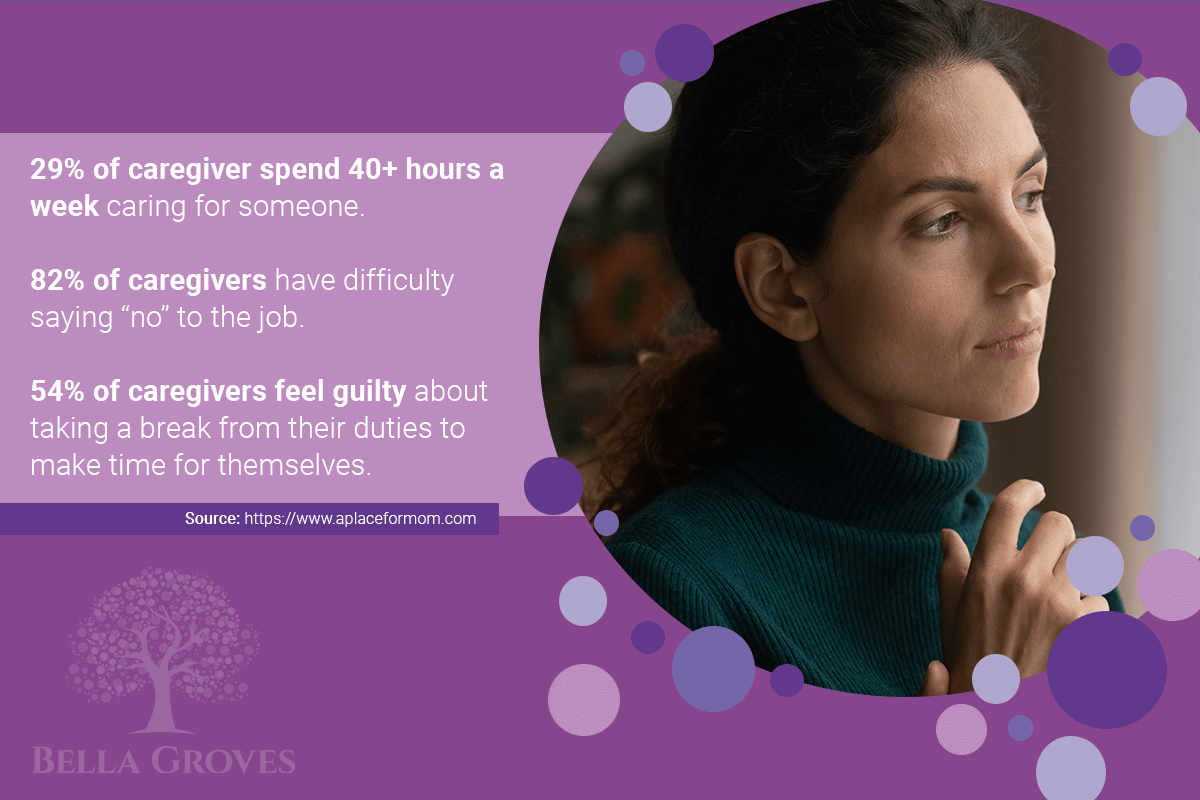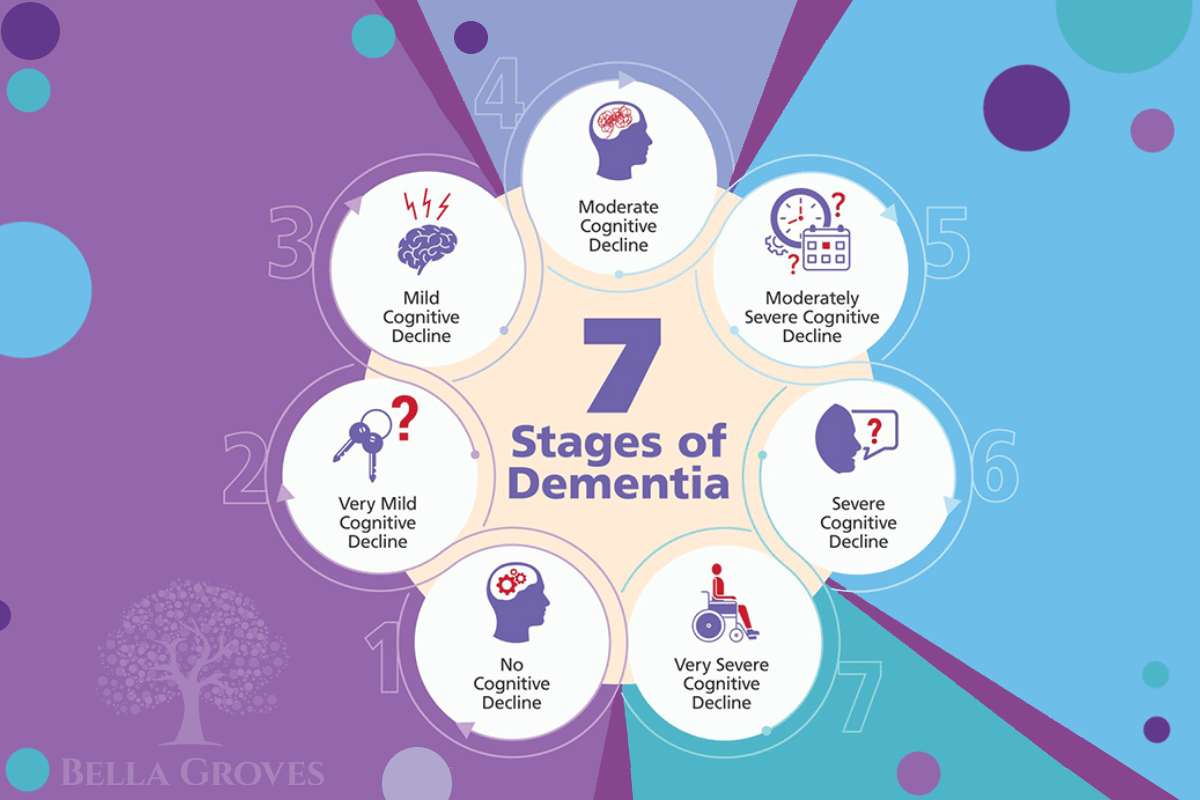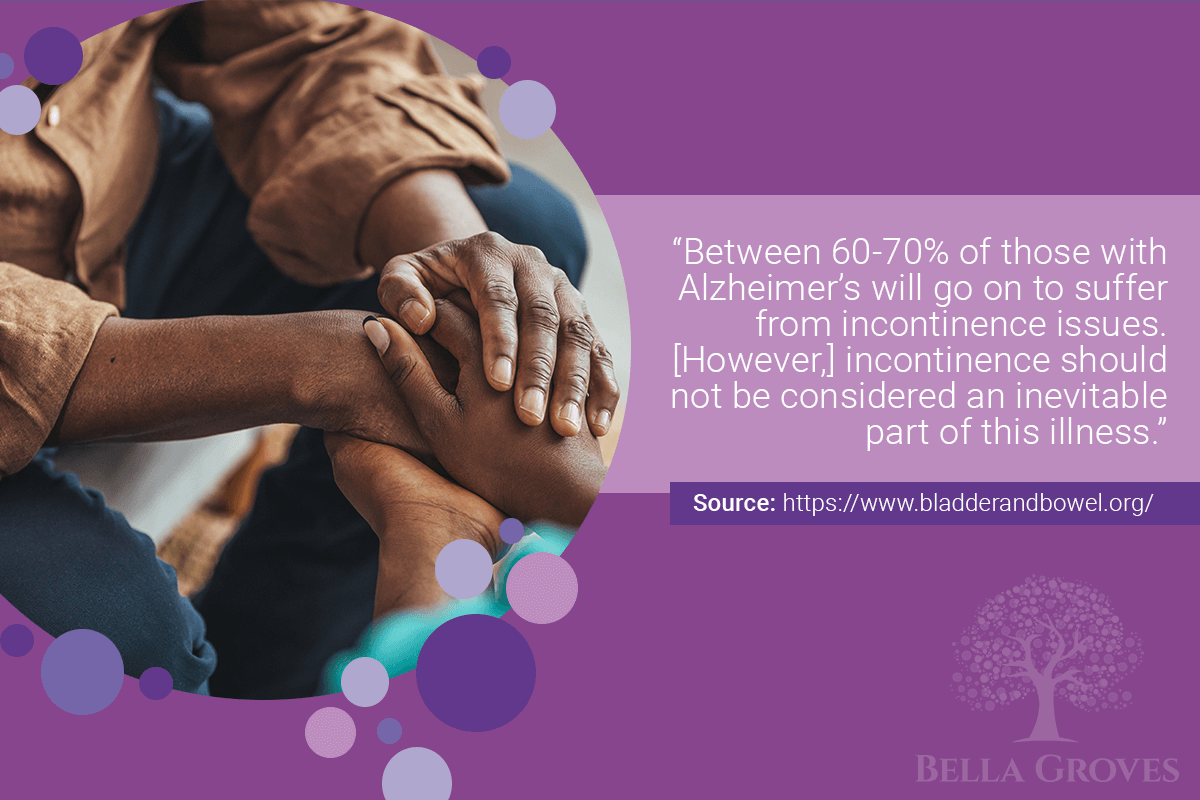
Understanding Feelings of Caregiver Guilt
When caring for a person living with dementia, caregiver guilt is a common feeling that can arise. Care partners feel as though they aren’t doing enough to support their loved ones, or they feel selfish when they take time for themselves. Feelings like guilt, sadness, or anger can propel us to be the best we can be as a care partner. But sometimes, it can also hold us back and leave us feeling immobilized.
At Bella Groves, we help individuals and family members impacted by dementia feel supported and understood during difficult moments. We want to ensure that care partners understand the feelings of guilt they might experience, so they can continue being present for their loved ones and learn how to balance their own needs with their loved one’s needs.
Recognizing Feelings of Guilt
When we refuse to acknowledge our feelings of caregiver guilt, it can wear us down over time. It can also lead to feelings of anger or resentment that can impact the care you provide to a person living with dementia. The first step in understanding guilt is to identify the areas that you’re harboring guilt in your life as a care partner.
It’s important to be honest with yourself about these feelings. For example, admitting to yourself, “I feel as though I’m not doing enough for Dad; I want to do more but I don’t have the time/resources/knowledge/etc.” For others, it might be admitting, “I spend so much time caring for Mom that I never take care of myself, and I have my own set of needs.”
By putting these feelings into words, or even in an honest thought, you can come to terms with how guilt affects you. It also gives you a new perspective. Having identified specific feelings of caregiver guilt, you can modify these thoughts through gratitude and positivity.
For instance, resentment you might feel towards your loved one can transform into feelings of thankfulness that you and your mom have become closer or that she’s still present in your life. If you feel as though you could be doing more, you might realize that you’re doing the best that you can; guilty feelings can transform into feelings of acceptance and even pride in the work you have done to care for your loved one.
Prioritize Your Own Needs
Think about how you can change your actions to leave yourself enough time to take care of yourself and implement these changes into your caregiving responsibilities. Finding and having support through your dementia journey is vital to accomplishing this.
A simple way to find support is to call a friend or family member, even if it’s just for a casual conversation to get your mind off of your stresses. Ask them if you can talk to them about your feelings; “I’m going through a rough time right now. Do you have a few minutes to listen?”
There are also many support groups for dementia care partners, where you can meet people going through similar situations. Support groups are a wonderful way to:
- Connect with people who understand what you’re going through
- Share stories and experiences that can alleviate feelings of guilt or stress
- Find a community where you can feel comforted and understood
Be Compassionate with Yourself
Most importantly, remember to give yourself a break. There’s no specific way a dementia care partner should feel; each experience is personal and unique. Guilt often reminds us of our unmet goals or how we’ve failed to meet too-high standards. This causes us to forget all the ways we’ve excelled in caregiving and the ways we’ve been able to care for our loved ones.
Recognize the accomplishments and strides you’ve made during your caregiving journey as a reminder that you’re doing your best. At Bella Groves, we want care partners to understand that feelings of guilt are common. When we care for a loved one, we want to provide the best care possible; this is why we set such high standards for ourselves and immediately feel guilty if we don’t measure up.
Whether you’re searching for dementia education, support groups, or a residential care option, Bella Groves is here to help. Our service levels provide the knowledge, tools, and support you need to find success and create Unconditional Joy. Dementia will progress; we’re here to progress with you.


